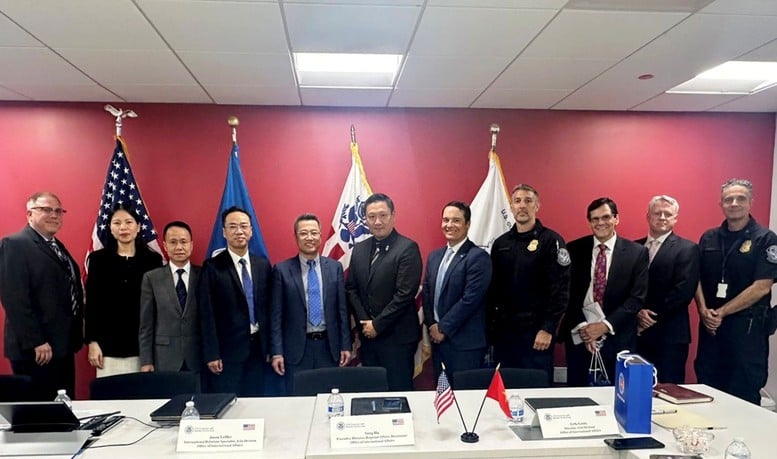
Representatives of the US Customs and Border Protection (CBP) and the delegation of the Vietnamese Ministry of Finance at the working session
Accelerate cooperation, prevent illegal transshipment
Recently, at the headquarters of the US Customs and Border Protection (CBP) in Washington DC, a delegation from the Ministry of Finance of Vietnam led by Mr. Au Anh Tuan - Deputy Director of the Customs Department (Ministry of Finance) had a working session with the CBP. The two sides frankly discussed many key issues, especially the determination to prevent illegal transshipment to evade taxes and trade defense measures.
CBP reported that it has handled many violations related to origin, including 736 cases related to goods from China and 30 cases from many other countries entering the United States. According to Mr. Sung Huyn Ha - Executive Director in charge of regional issues of the US Customs and Trade Office, illegal transshipment activities are becoming more sophisticated, with a series of "tricks" openly promoted online such as sending goods to Southeast Asia and then changing containers, falsifying documents of origin.
"We have issued an official warning on the CBP website, emphasizing that US companies participating in this illegal chain of activities is a violation of US law and will be severely dealt with," said Sung Huyn Ha.
On the Vietnamese side, Mr. Au Anh Tuan affirmed: Vietnam Customs has proactively implemented many measures to prevent goods from third countries from disguising as Vietnamese goods to evade import taxes into the United States. These measures include: controlling risks by industry, strengthening post-clearance inspections, collecting and analyzing domestic and foreign information, and regularly reviewing businesses showing signs of unusual turnover.
Not only that, within the framework of the Mutual Assistance Agreement between the two countries in the field of customs, Vietnam has coordinated with the United States to handle more than 35 cases related to origin fraud and illegal transshipment from 2019 to present.
Deputy Director Au Anh Tuan clearly affirmed: The viewpoint of the Vietnamese Government and the Ministry of Finance is not to allow the use of Vietnam as a transit point to evade taxes.
Not only reflecting the current situation, Vietnam Customs also proactively provides future orientations. Specifically, the Vietnamese Government is finalizing a plan to screen investment projects that show signs of simple processing without creating added value, while at the same time encouraging high-tech and supporting industry projects to ensure that they meet origin criteria.
"We will continue to direct local customs units to closely inspect FDI enterprises importing raw materials from third countries, in order to detect and prevent fraudulent acts from the root," Mr. Au Anh Tuan added.
Notably, the Vietnamese representative also requested the US side to promptly share data such as the list of risky businesses and goods with sudden increases/decreases in turnover so that the two sides can monitor and compare.
Enhance data exchange and supply chain security
One cooperation content expected to create a new step forward in bilateral customs relations is the foreign electronic data exchange program (FECDEP).
“We look forward to signing a Memorandum of Understanding (MOU) soon so that both sides can share manifest data in real time to prevent risky shipments, regardless of origin,” said Sung Huyn Ha, executive director of regional affairs at the US Customs and Border Protection Office of Trade.
Currently, the Vietnamese side is conducting internal consultations on the content of the MOU and the two sides have agreed to hold an online technical meeting in late May or early June 2025 to clarify legal and technical issues, moving towards official signing as soon as possible.
In parallel, another important content was the discussion of the Container Security Initiative (CSI) - a program initiated by CBP in 2002 after the 9/11 event to enhance remote security at foreign ports. CSI is currently applied at 69 ports in 36 partner countries, with three implementation models: traditional, remote, and contact point.
"CBP is ready to coordinate specifically to deploy CSI in Vietnam," said Mr. Sung Huyn Ha.
On the Vietnamese side, Mr. Au Anh Tuan assessed: "The current time is suitable to implement CSI, when Vietnam has two deep-water ports Cai Mep - Thi Vai and Lach Huyen that can export containers directly to the United States." Based on the model provided by CBP, Vietnam Customs will study to choose the most suitable option.
In addition, Mr. Tuan also requested that CBP continue to provide technical support to Vietnam, including training and improving the capacity of officers in assessing and identifying fraudulent behaviors - a key factor in preventing illegal transshipment activities.
Mr. Minh
Source: https://baochinhphu.vn/doi-thoai-viet-hoa-ky-ve-hai-quan-cung-chan-lan-song-gian-lan-thuong-mai-xuyen-quoc-gia-102250518104025724.htm


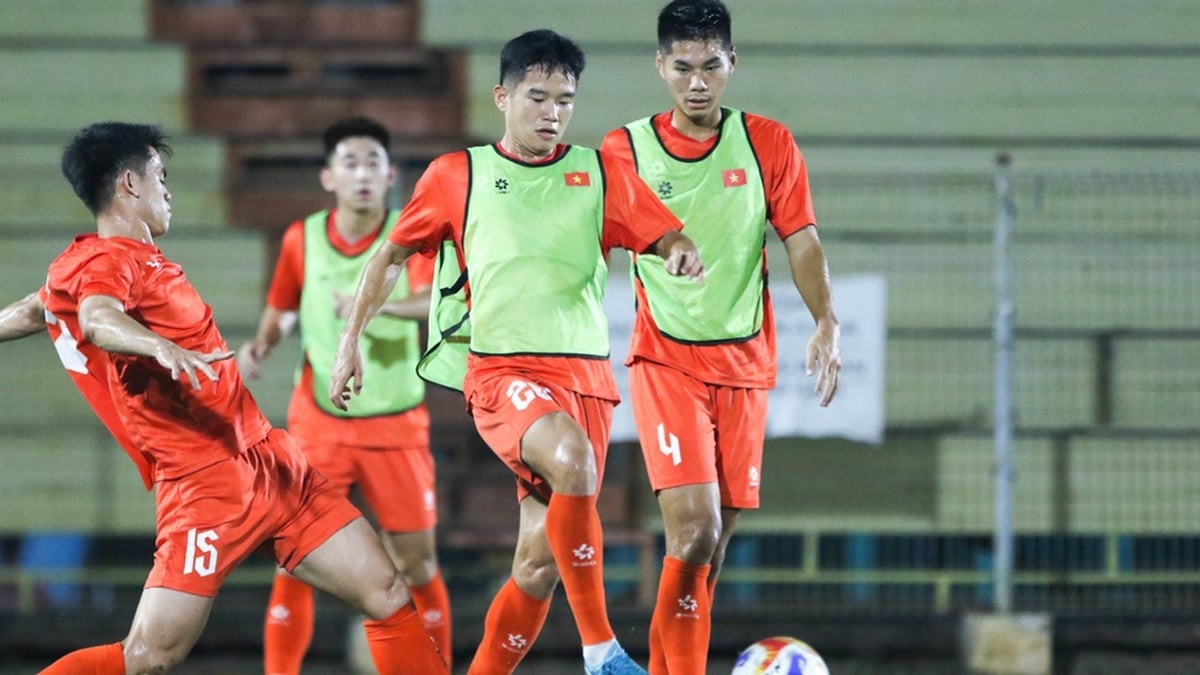
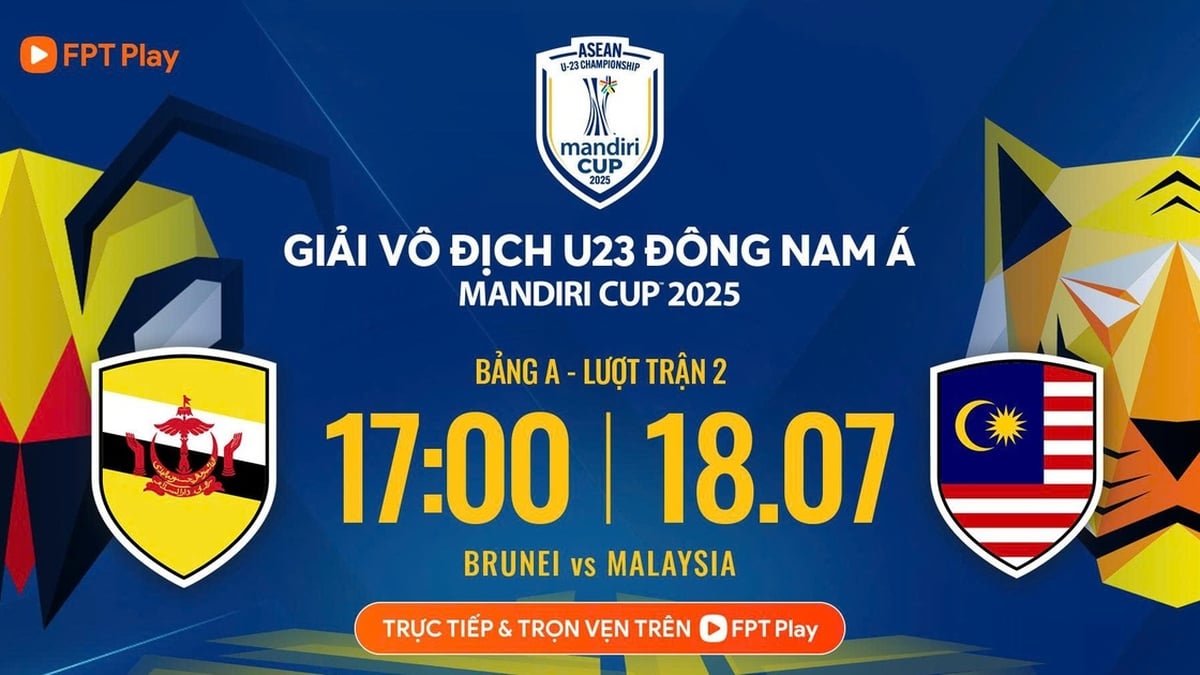
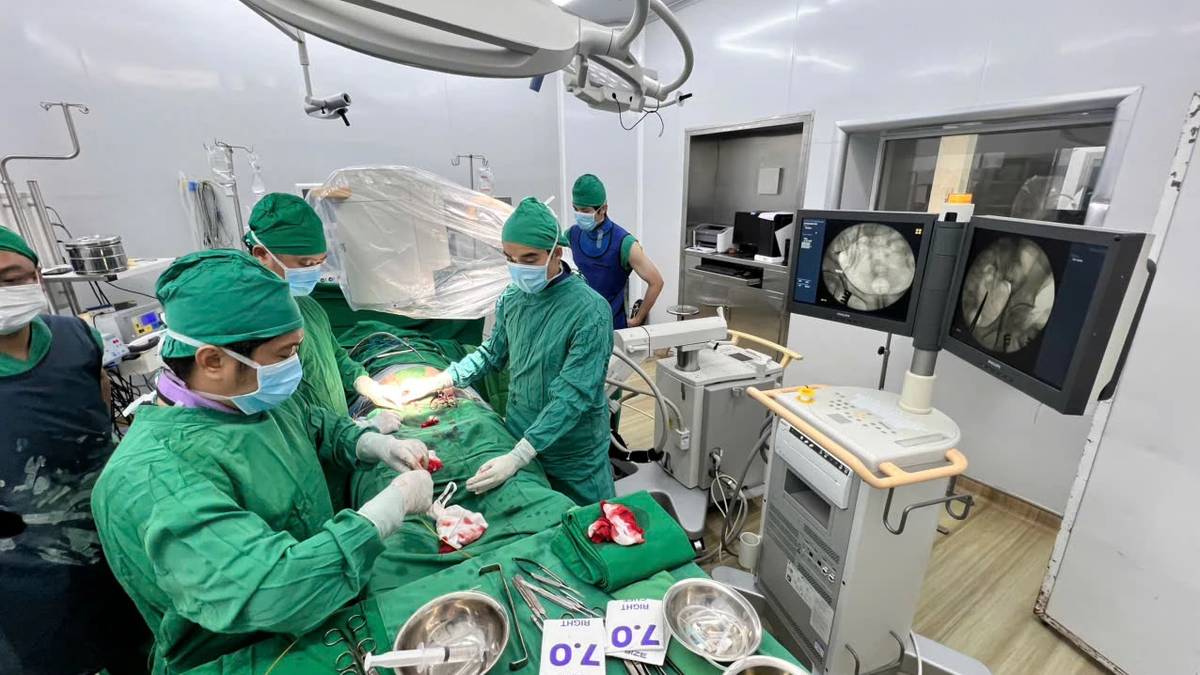

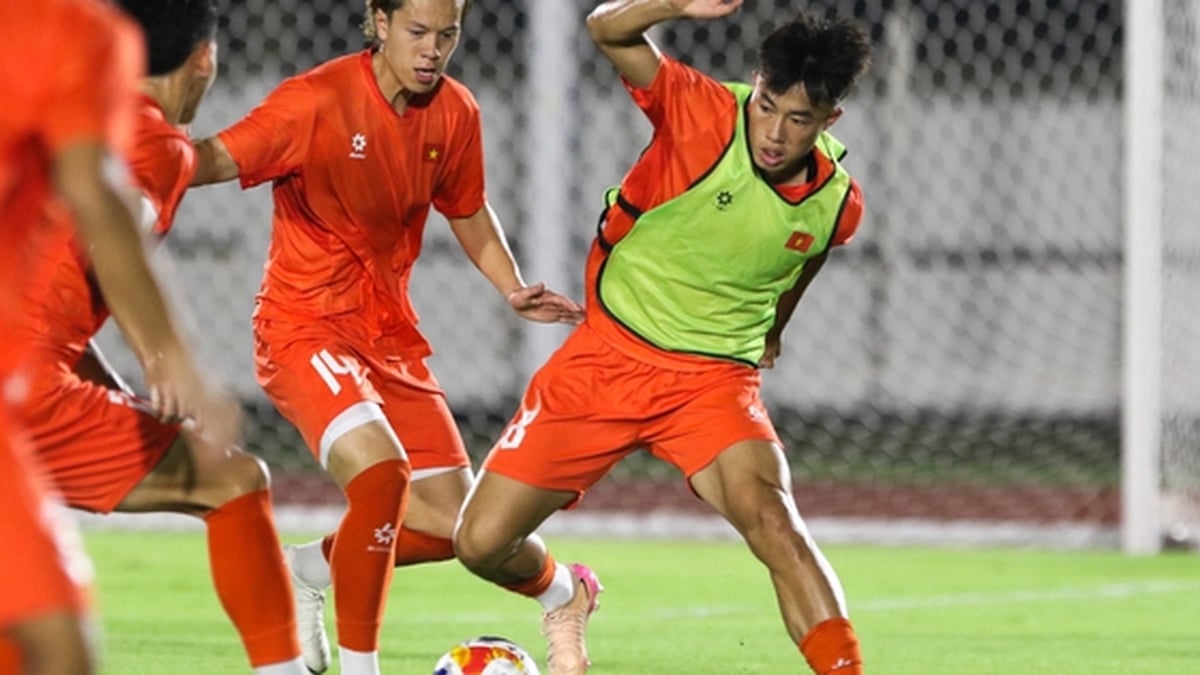


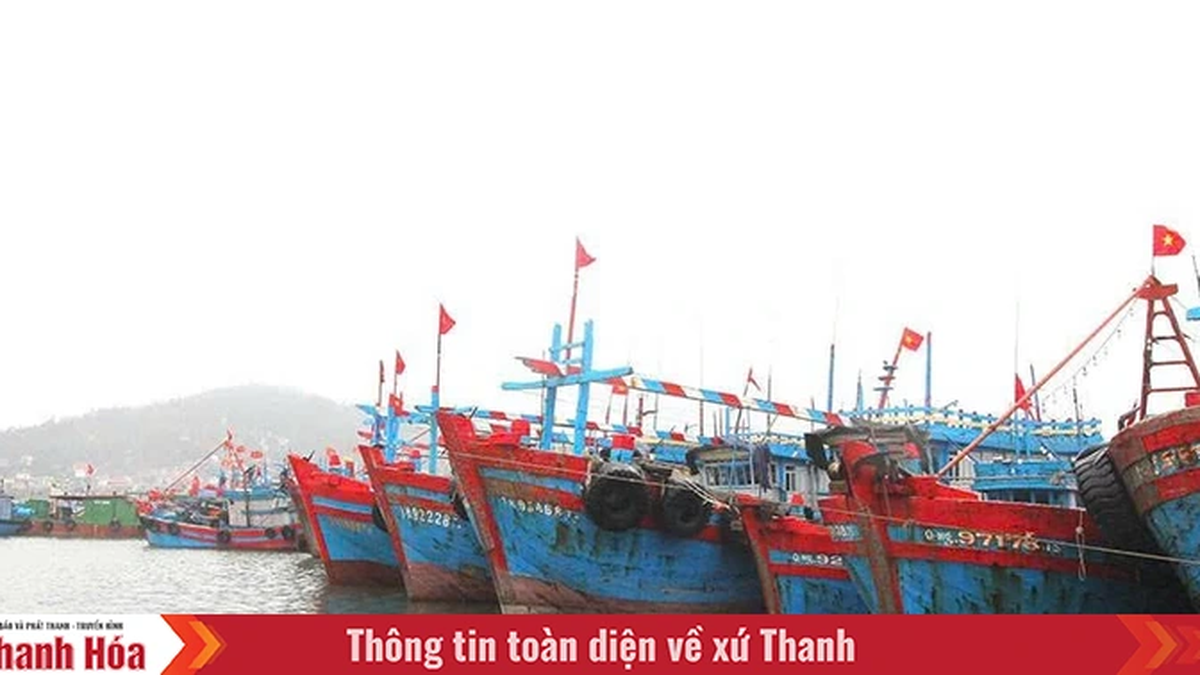
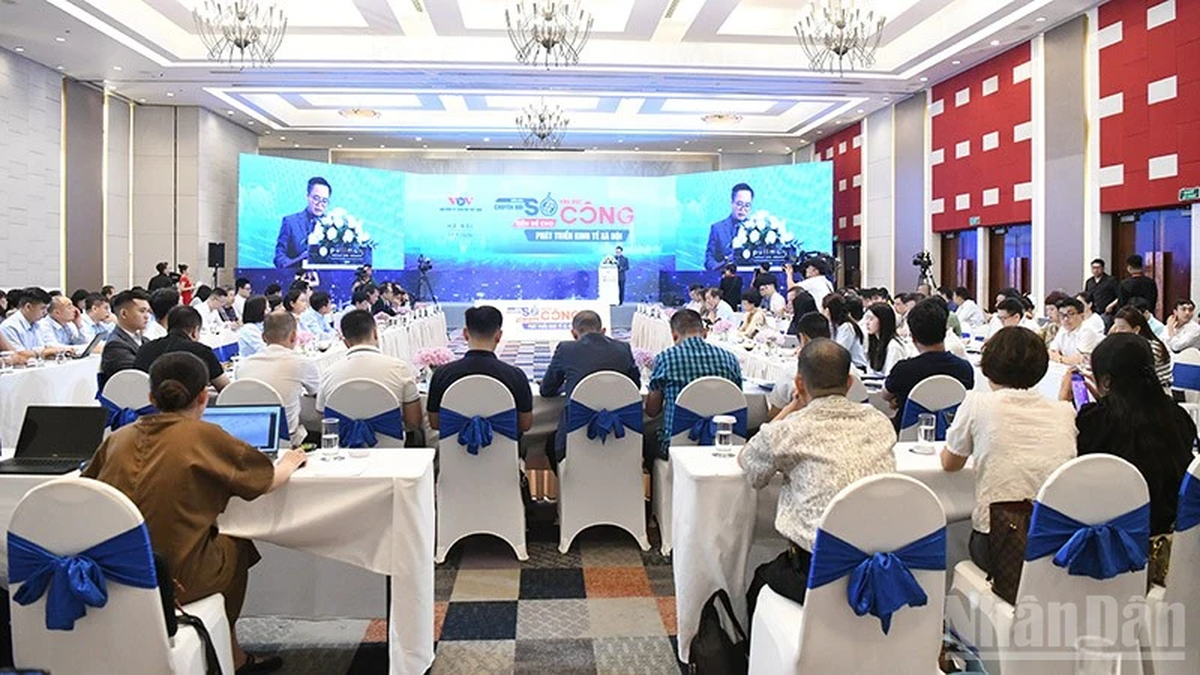

























































































Comment (0)